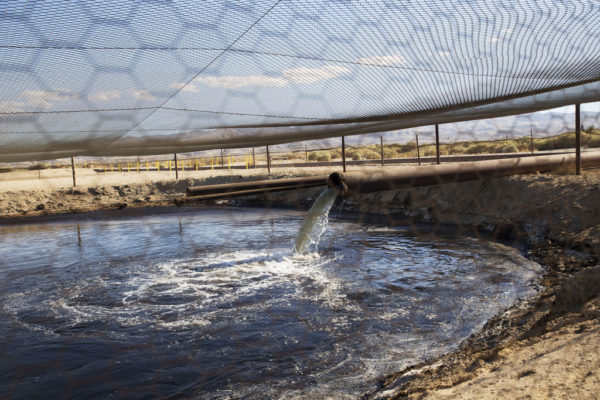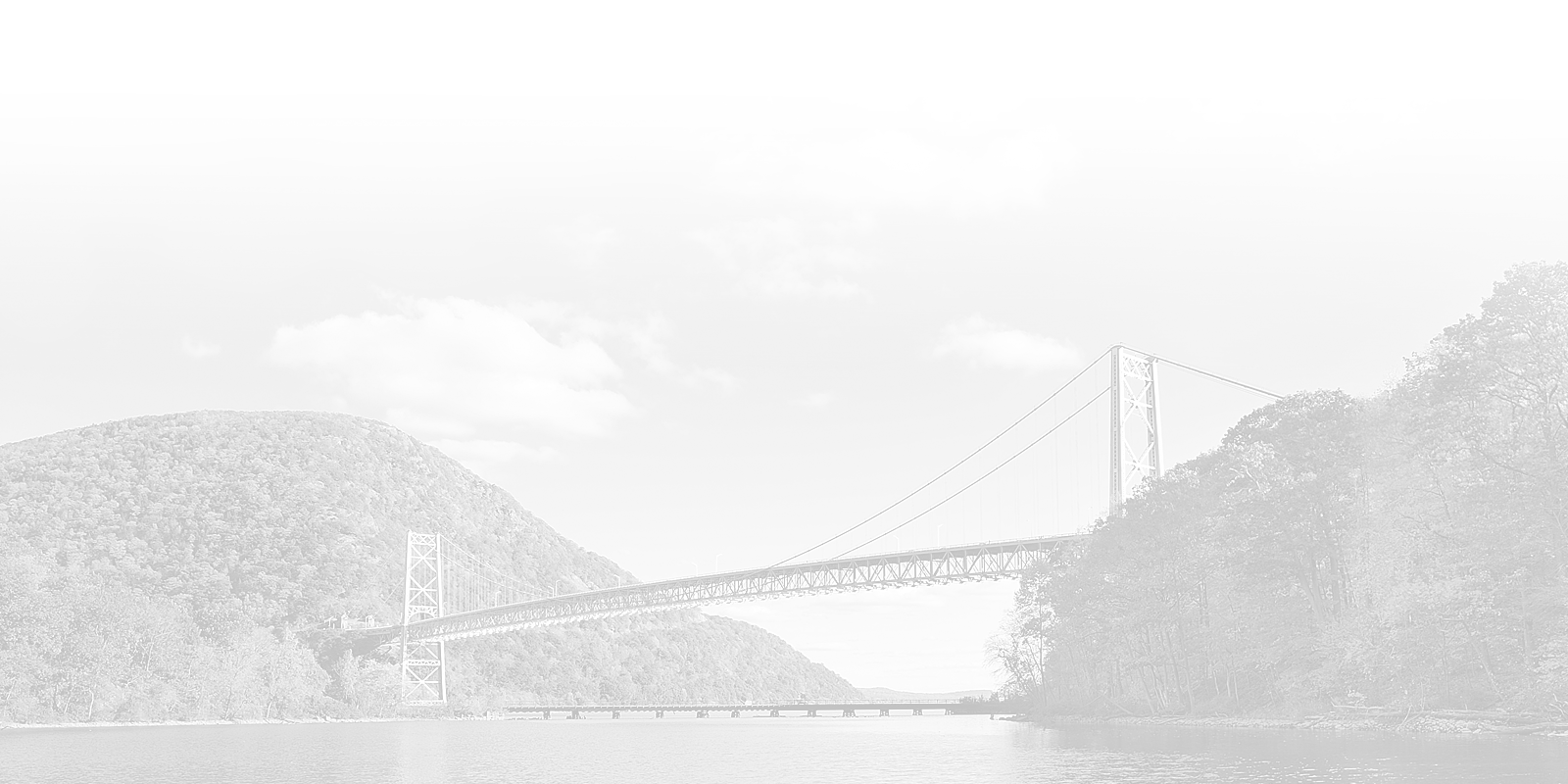Shareholder Resolution Filed with Chevron on the Human Right to Water
 On November 23rd, the United States government publicized its Fourth National Climate Assessment. The report calculated the impact of climate change on various US functions, including the economy, water, health, infrastructure, and local ecosystems. Though President Trump has dismissed its findings, the assessment predicts hundreds of billions of dollars in annual losses by the end of the century if we do not curb greenhouse gas emissions. The predicted impact on water is particularly devastating. Consequences like severe droughts, flooding, water pollution, water scarcity and competition, and saltwater contamination threaten to become more frequent in the upcoming decade.
On November 23rd, the United States government publicized its Fourth National Climate Assessment. The report calculated the impact of climate change on various US functions, including the economy, water, health, infrastructure, and local ecosystems. Though President Trump has dismissed its findings, the assessment predicts hundreds of billions of dollars in annual losses by the end of the century if we do not curb greenhouse gas emissions. The predicted impact on water is particularly devastating. Consequences like severe droughts, flooding, water pollution, water scarcity and competition, and saltwater contamination threaten to become more frequent in the upcoming decade.
Oil and gas companies are notoriously water-intensive, requiring billions of gallons of freshwater and producing polluted water that can contaminate drinking water. This risks depleting groundwater resources exacerbating scarcity. As the impacts of climate change become more severe, oil and gas companies face increasing risks of violating the human right to water. The UN declaration on the human right to water entitles everyone to sufficient, safe, acceptable and physically accessible and affordable water for personal and domestic uses. When oil and gas companies do not effectively assess the impacts of their business on this right and embed respect for the right to water into their business operations, they can contribute to water competition, poverty, health issues, civil conflict, and food shortages. This may ultimately present risks to the company’s social license to operate.
The Tri-State CRI supported our partner, the American Baptist Home Mission Society, and other ICCR members in filing a shareholder resolution with Chevron on the human right to water. This resolution will be considered at the Annual General Meeting of the company in May 2019 and will be voted on by all shareholders. Though Chevron developed a human rights policy in 2009, it omits any mention of the right to water. Multiple Chevron refineries in the United State have been fined for violating the Clean Water Act, pumping toxic water into waterways and reservoirs. In 2013, Chevron agreed to pay $384,000 in reparations to Salt Lake City for exceeding legal pollution levels. Their Kalopie, HI refinery was fined for hazardous waste violations that may have leaked cleaning sludge and storm water discharge into surrounding communities.
In addition, Chevron’s global operations pose a risk to the human right to water. Chevron is Kazakhstan’s largest oil producer, consuming millions of gallons of water in a country where 13 percent of the population lives under high drought hazard conditions. Their activities have contributed to low crop yields, water scarcity, and civil conflict. In Poland and Romania, Chevron’s shale gas explorations were completely shut down by community protests over access to clean drinking water. Community members organized blockades and demonstrations that went on for as long as 400 days to prevent fracking that would potentially contaminate groundwater.
Despite repeated shareholder engagements with the company, Chevron has not disclosed its risks related to the human right to water, does not disclose to the CDP Water Questionnaire, nor has it made plans to track, assess, prevent, mitigate, and remedy adverse impacts of its business operations. The resolution asks for disclosure of their risks and due diligence efforts related to the human right to water. To learn more about Chevron’s human rights performance, check out their 2018 Corporate Human Rights Benchmark (CHRB) Company Scoresheet. To learn more about the human right to water, click here.
Click here to read the exempt solicitation.


